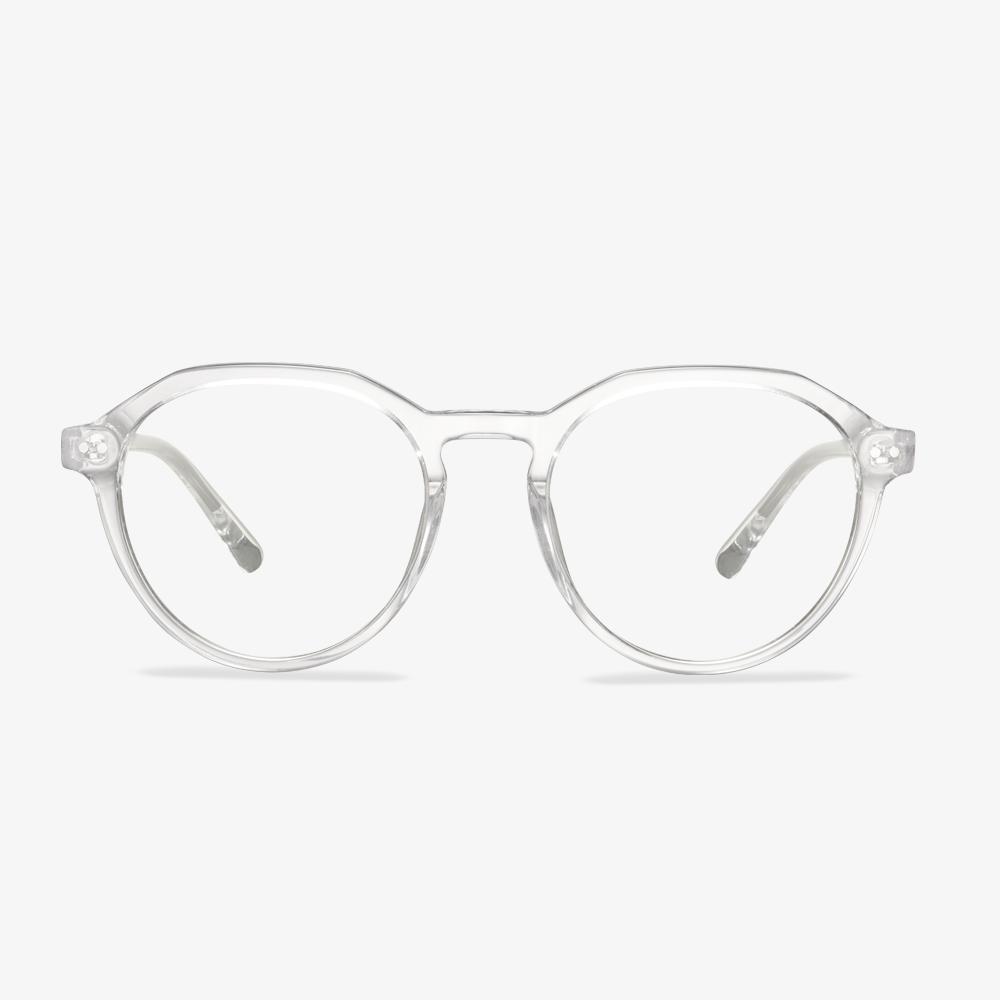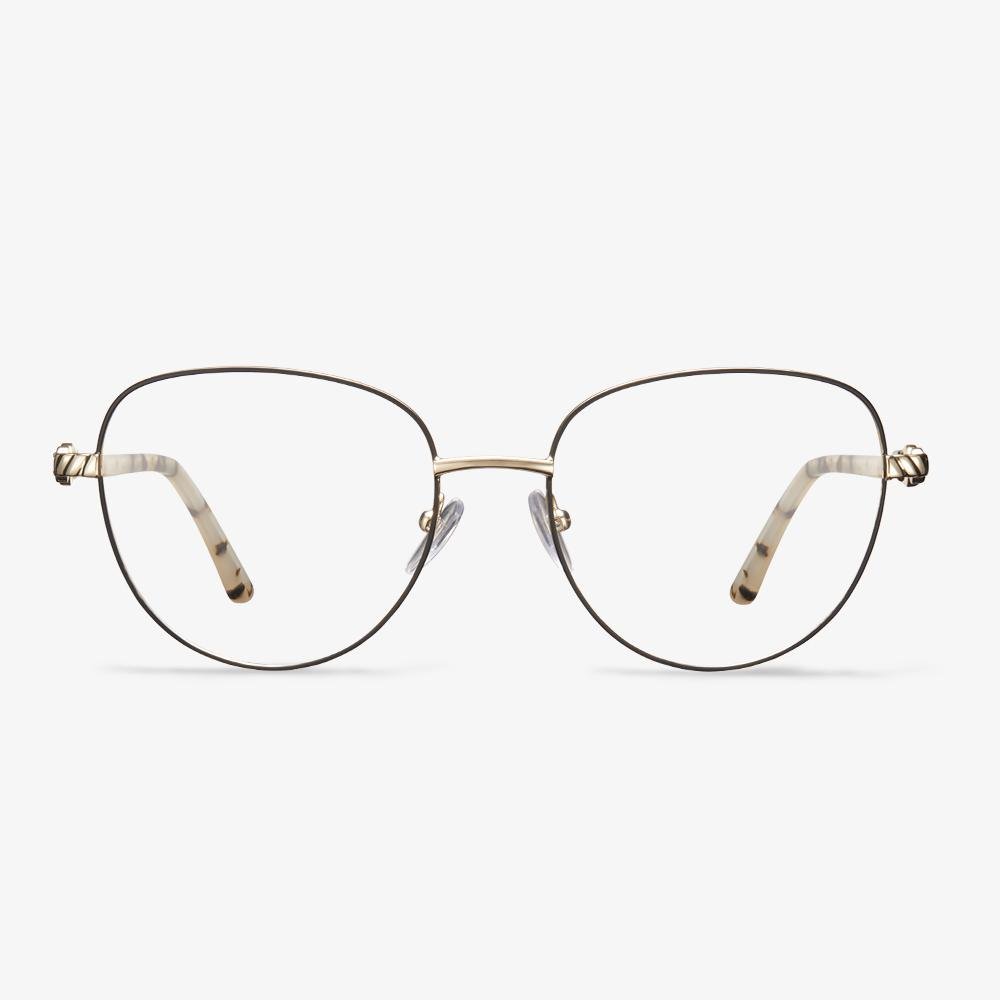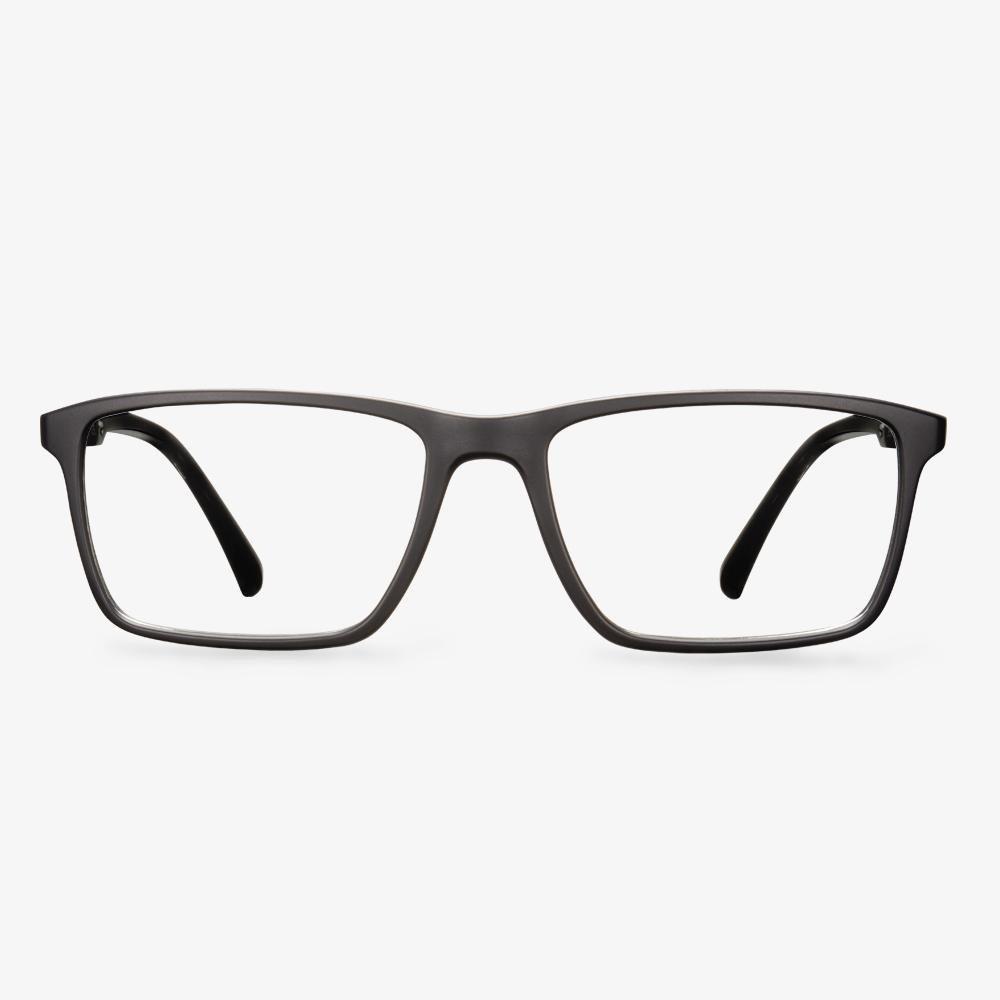Whether you're a first-time glasses wearer or you're considering updating your eyewear, choosing the right optical glasses can greatly impact your comfort, style, and vision. With countless frames, lens options, and styles available, the process may seem overwhelming. However, by considering your needs, style preferences, and lifestyle, you can make an informed decision. This guide will help you navigate the factors to consider when buying optical glasses.
1. Understand Your Prescription:
Before you begin shopping for optical glasses, it's crucial to have an up-to-date prescription from your optometrist. Your prescription will determine the type of lenses you need. Common prescriptions include single vision lenses for nearsightedness or farsightedness and multifocal lenses like bifocals or progressives for presbyopia.
2. Frame Material:
Frames come in various materials, each with its own set of characteristics:
-
Metal Frames: These are durable, lightweight, and have a modern, sleek appearance.
-
Plastic Frames: Plastic frames are available in various colors and styles, offering a more diverse selection. They are comfortable to wear and often come at a lower price point.
-
Titanium Frames: Titanium frames are known for their durability, lightweight feel, and hypoallergenic properties, making them suitable for those with metal allergies.
3. Frame Style:
The style of your frames plays a significant role in your overall appearance. Consider factors like your face shape, personal style, and the occasions you'll be wearing your glasses for:
-
Rectangular Frames: These work well for round or oval faces, adding angles and definition.
-
Round Frames: Round frames can soften the features of square or rectangular faces and add a retro touch.
-
Cat-Eye Frames: Cat-eye frames are trendy and flattering, particularly for heart-shaped faces.
-
Aviator Frames: Known for their timeless appeal, aviator frames suit a wide range of face shapes.
4. Lens Options:
Selecting the right lens options can greatly enhance your visual experience:
-
Anti-Reflective Coating: Reduces glare and reflections, improving visual clarity, especially for nighttime driving or computer use.
-
Photochromic Lenses: These lenses darken in response to UV light, providing both indoor and outdoor functionality.
-
High-Index Lenses: Thinner and lighter, high-index lenses are a great choice for strong prescriptions as they reduce lens thickness.
-
Blue Light Filter: Ideal for those who spend extended periods in front of screens, blue light filters reduce digital eye strain and sleep disruption caused by excessive screen time.
-
Progressive Lenses: Multifocal lenses that offer seamless transitions between near, intermediate, and distance vision. Perfect for those with presbyopia.
5. Consider Your Lifestyle:
Your daily activities can influence the type of glasses you should buy:
-
Active Lifestyle: If you're active, consider lightweight and durable frames with impact-resistant lenses.
-
Professional Setting: Classic, neutral frames often work best in professional environments.
-
Fashion-Forward: If you love fashion, don't hesitate to experiment with bold colors and trendy designs.
6. Budget Considerations:
Optical glasses come in a wide price range. It's important to establish a budget that aligns with your preferences and needs. Keep in mind that quality frames and lenses are an investment in your eye health and daily comfort.
7. Try Before You Buy:
Before making a final decision, try on different frames to see how they look and feel. Many optical stores offer virtual try-on tools or in-person fittings to help you choose the best frames for your face shape and style.
In conclusion, choosing optical glasses that suit your needs and style is a personal decision. By considering your prescription, face shape, lifestyle, and budget, you can make an informed choice that not only enhances your vision but also complements your unique personality. Don't hesitate to consult with your optometrist or optician for guidance in selecting the perfect pair of glasses to meet your requirements. Remember, the right pair of optical glasses can both improve your vision and boost your confidence.






































